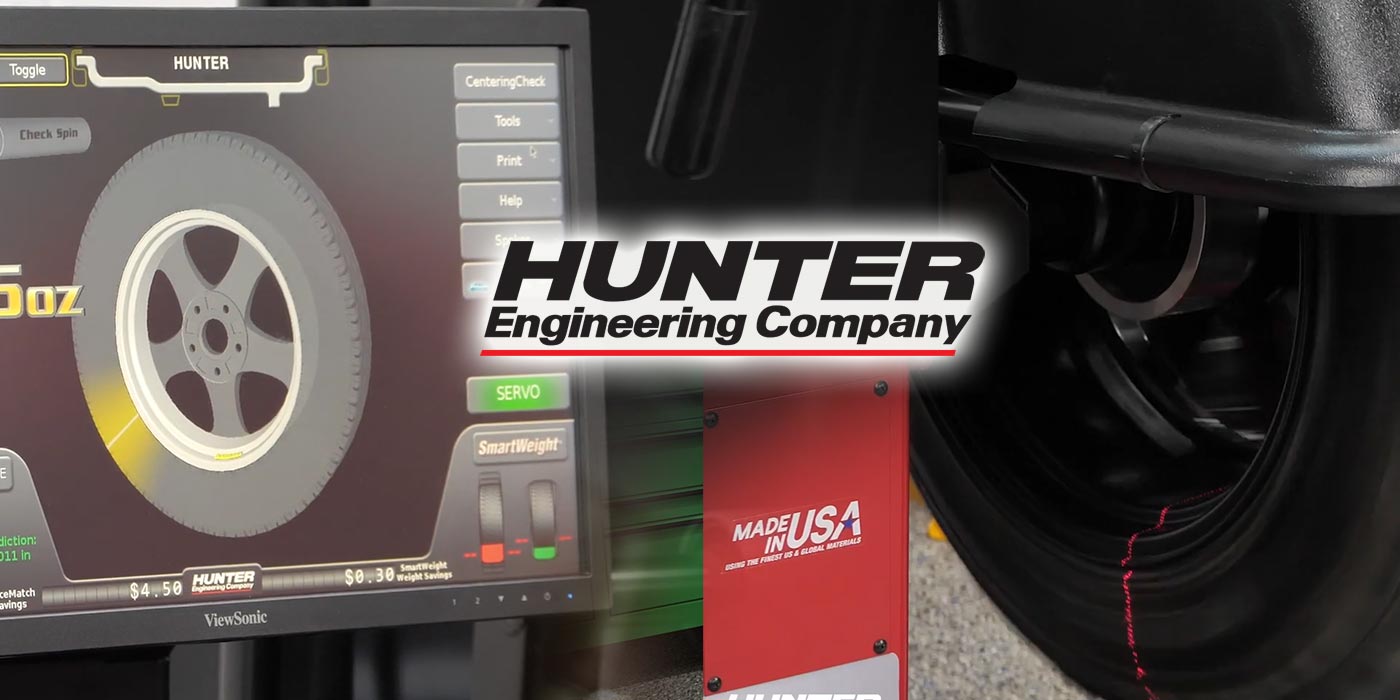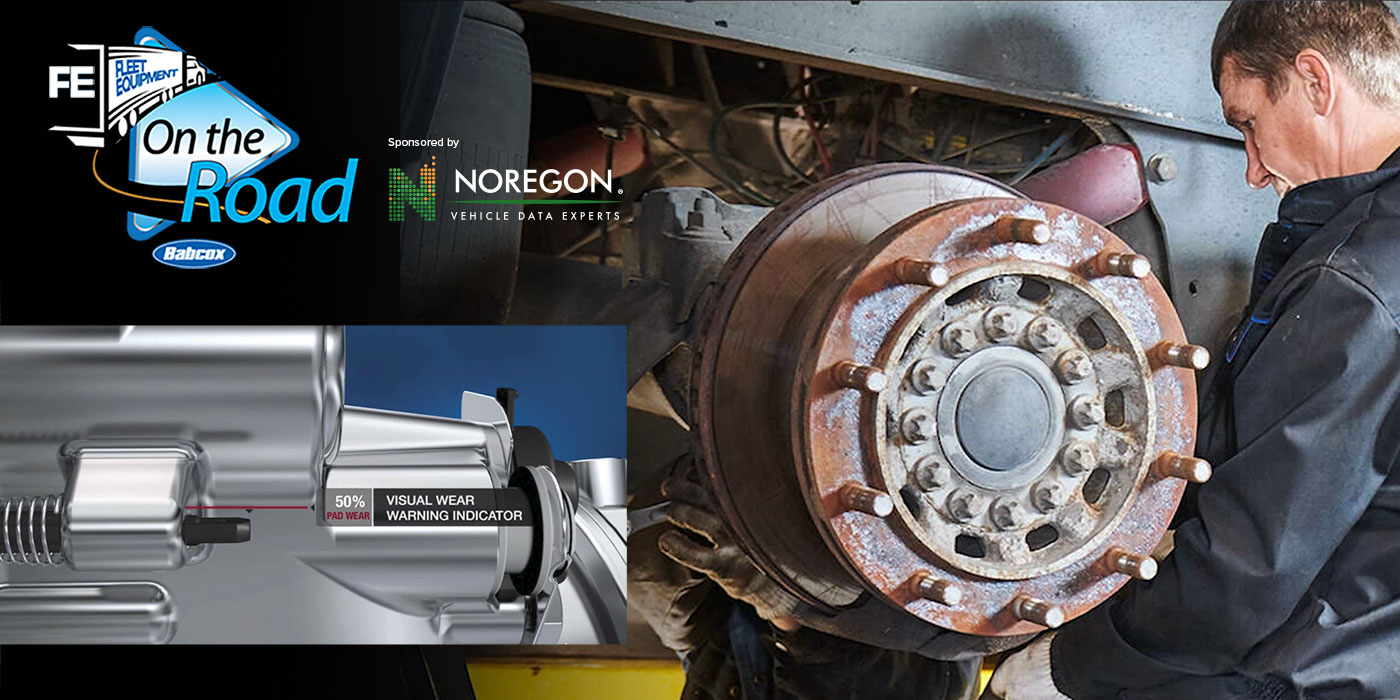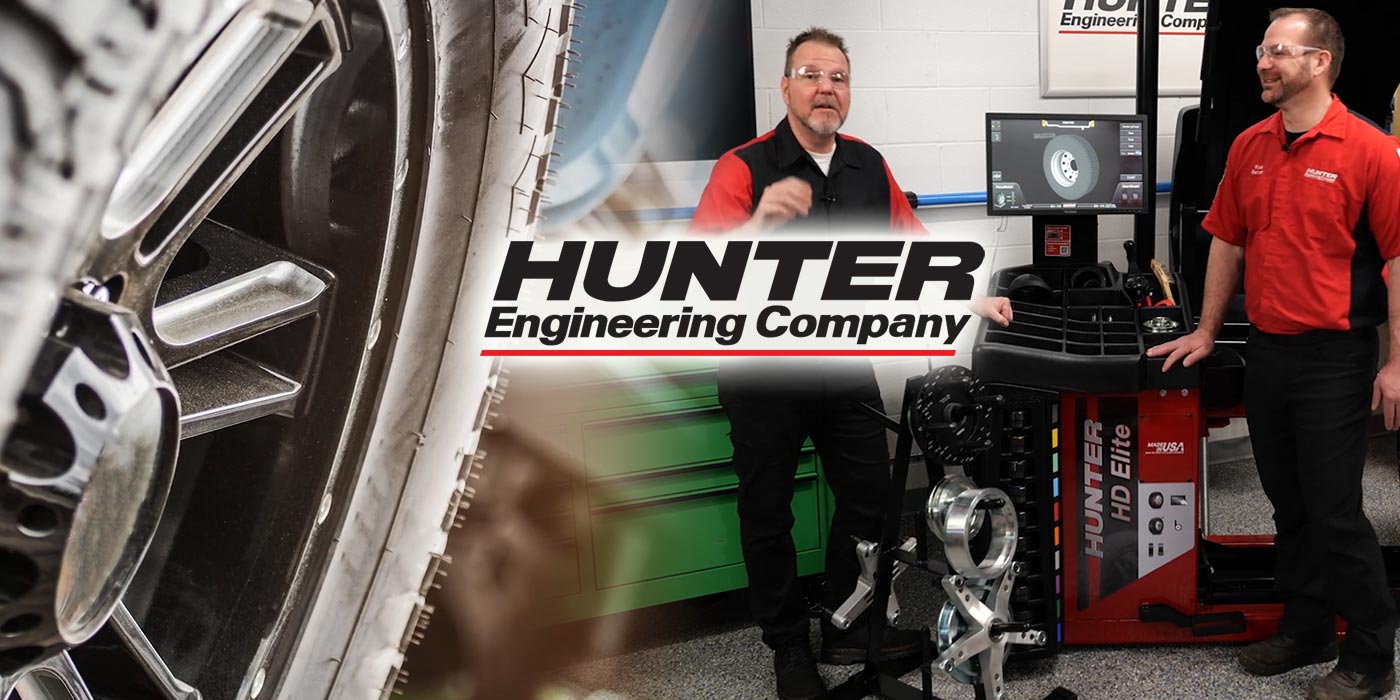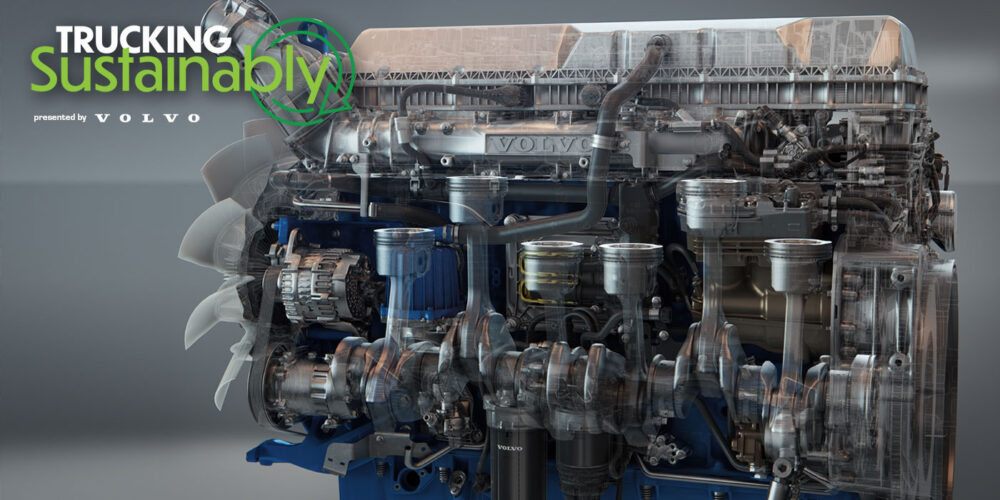As the industry embarked on its transformative journey towards sustainability, the ambitious target of 2040 appeared distant on the horizon. However, with each passing day, we find ourselves rapidly closing in on the finish line, fueled by the continuous evolution of technology. It has become increasingly apparent that electric vehicles (EVs) alone are not the sole contender in this race, as more and more sustainable solutions emerge.
Just as there has never been a one-size-fits-all truck that is universally compatible with every applicational demand, we can expect more of the same from today’s greener technology. For the meantime and well into the foreseeable future, other options are available not to act as a competitor, but as a supporting technology to meet the zero-emissions end goal. We’re all ready to see that day come, but that doesn’t mean you have to ditch old reliable, and it turns out, you can teach an old dog new tricks!
When it comes to the utilization of natural gas, companies like ClearFlame have set out to harness the benefits of diesel engine performance, while concurrently addressing the emissions produced. I caught up with BJ Johnson, co-founder and chief executive officer of ClearFlame to find out how their engine technology offerings allow for the best of both worlds in terms of performance and emissions… or lack thereof.
“So in terms of performance it has all of the same thermal efficiency, power, torque, demand response, everything you care about in terms of the engine performing and helping you get your job done,” he said. “It’s the emission side and the fuel cost side where you get the benefits because ClearFlame is the diesel engine without the diesel fuel, so because we don’t need diesel and we can use something cleaner burning, you’re not going to have soot or particulates coming out of your engine.”
Even in terms of upkeep, these systems may not require as much ongoing maintenance. While of course every vehicle, regardless of type, deserves some attention to run at optimal condition, the lack of soot and other residue typically caused from the use of traditional fuel means the engine and components stay cleaner, longer. So which applications are most ideal for this type of technology?
“ClearFlame is targeting the hardest to electrify parts of the market, so within trucking, less so the day cabs that might exist at the ports and maybe only go 75 miles a day, spend a lot of time idling. We’re talking about the over-the-road haul trucks that are shown behind me, putting 600 miles a day on, sometimes running multiple shifts of drivers so you can go two to three times that.”
Where we are today in terms of EV range and infrastructure simply cannot support the demands and distance required in the middle-mile, cross-country delivery space. But electrification is developing rapidly and may one day support the long-haul industry, and this is something ClearFlame is working to support.
“At ClearFlame we’re big believers in electrification, and I think as a planet and a society we can’t achieve the sustainability we want to achieve without EVs being successful, but to look at it the other way, exactly what you just said, Tess, EV can’t do it on its own. There are places where it is weaker and it is not just the range anxiety that people talk about, it’s the recharge times that you just referred to. It’s the weight of batteries. They do a lot better hauling potato chips than they do beverages. And none of this is to knock EVs. Again, where they work, they tend to work well, but it’s about complementing that in the market.”
Think of it like filling in the rest of the puzzle to get the big environmental picture—this is exactly what alternative fueling companies like ClearFlame are helping the population to achieve. While the environment is at the top of everyone’s list of priorities, as a professional running a business, it’s assumed you’ll want to know how this would impact your shop and bottom line, fair enough. Here’s BJ again to fill you in:
“The cost savings for ClearFlame? Those are overwhelmingly driven by the fuel cost savings, so the fuels that ClearFlame uses, like ethanol, are substantially cheaper than diesel, even on an energy equivalent basis, which means dollars per mile in terms of fuel consumption, fuel cost rates. It’s just lower for our technology. That’s where the biggest driver of payback is.”
As the development of the alternative fuel sector continues just as rapidly compared to the development of EV technology, natural gas technology, such as the utilization of ethanol, could be a significant adversary in the growing market of sustainable transport, but BJ said it best:
“Frankly, that race to zero and the race to net negative is a good thing for the planet anyway, so we should be encouraging it, not picking winners.”
Fleet Equipment’s On The Road is sponsored by Rockland Flooring. Subscribe to our newsletter to catch every episode as we dive into the best practices and servicing information to keep your trucks On The Road.













